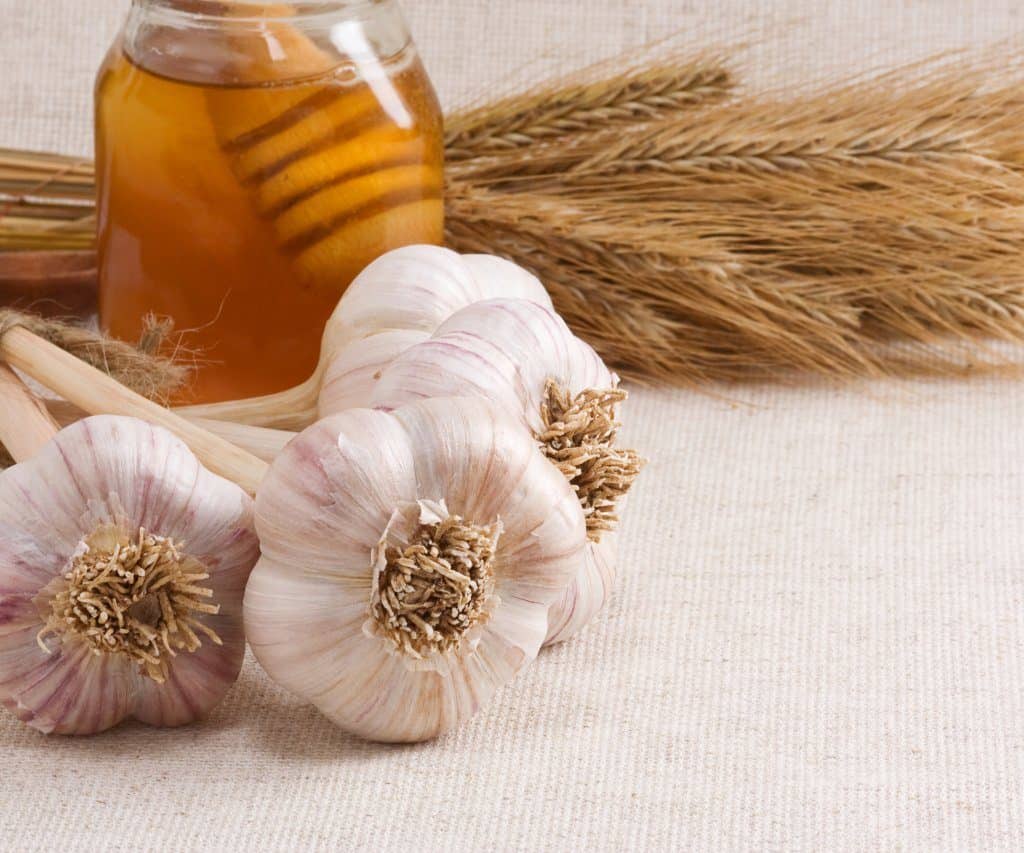The value of honey as an antibacterial agent is becoming increasingly important due to the rise in prevalence of antibiotic-resistant bacteria. Honey, recognized for its powerful antiseptic and preservation properties since ancient times, has proven to be a natural, complete and delicious food that, despite its absence of preservatives and antioxidants, remains edible for long periods without losing its quality.
Discovering the natural ingredients behind honey’s microbicidal ability
The role of hydrogen peroxide, methylglyoxal and defensin-1 in the fight against bacteria
The reason behind honey’s ability to eliminate bacteria has been the subject of research for a long time.
The previous assumption was that its high concentration of sugars was responsible for this property. However, a team of researchers led by Sebastián A.J. Zaat of the University of Amsterdam has conducted a recent study, published in the FASEB Journal, which demonstrates that honey contains natural ingredients with bactericidal properties.
In the article, it is explained how honey can fight bacteria thanks to the existence of low levels of hydrogen peroxide and methylglyoxal. Moreover, a novel peptide known as Defensin-1 has been discovered in honey’s composition which exhibits antimicrobial characteristics.
These research findings propose that honey might serve as a natural and efficient substitute for treating bacterial infections. The presence of hydrogen peroxide and methylglyoxal in honey suggests that it can exert a harmful impact on bacteria, preventing their proliferation. Furthermore the identification of Defensin-1 in honey provides further evidence of its antibacterial capabilities.
Honey as a natural alternative to fight resistant bacteria
Implications for the medical and pharmaceutical industry
This discovery could have significant implications for the medical and pharmaceutical industry. If honey-based products can be developed to combat bacterial infections, this could reduce dependence on antibiotics and decrease the spread of antibiotic-resistant bacteria.
Antimicrobial peptides are small molecules found in plants and animals that act as defense mechanisms to eliminate pathogens such as bacteria, viruses and parasites.
These peptides have a regulatory function of the innate or natural immune response. It has been shown that Defensin-1, a substance present in honey produced by bees, is capable of eliminating highly resistant bacteria such as methicillin-resistant Staphylococcus aureus, beta-lactam-resistant Escherichia coli, ciprofloxacin-resistant Pseudomonas aeruginosa and vancomycin-resistant Enterococcus faecium, among others.
Defensin-1 is transmitted from bees to the honey they produce and finally to human consumers. It is surprising to think that a substance produced by bees to defend themselves against microbes could have such great potential to combat resistant infections in humans.
- Honey candle ritual for luck
Honey candles not only fill the atmosphere with a sweet aroma, but they are also attributed with magical qualities to attract good fortune, wealth, health and prosperity, as well as love and happiness.





